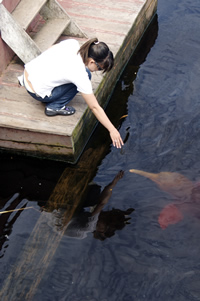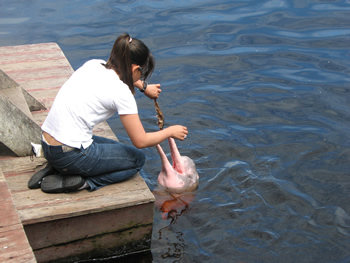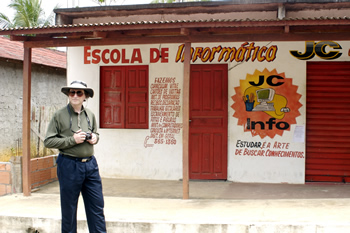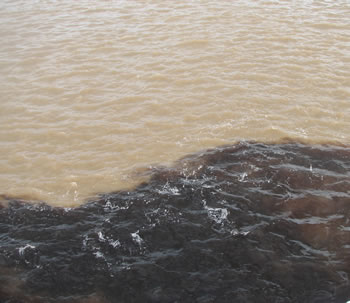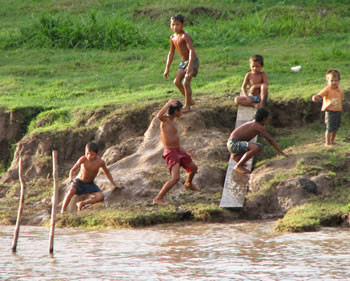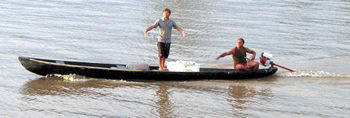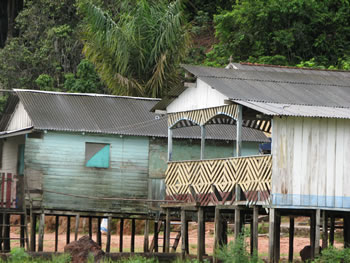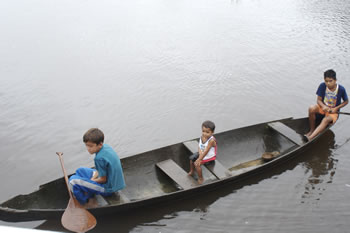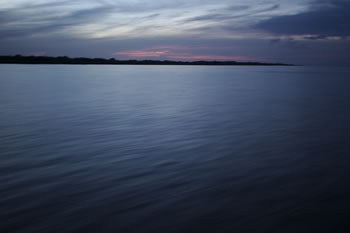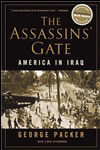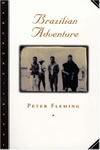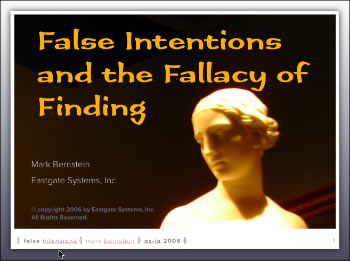Blogger and marketing pundit Kathy Sierra was supposed to be speaking at E-Tech this week. Instead, some trolls on a (now-pulled) web site called MeanKids started trash-talking, wishing her dead or mutilated. It was absurd, petulant, childish locker-room "humor" that would disgrace a pre-teen gang, though the lead troll claims to be a retired tech industry pro. In any case, Sierra, frightened, cancelled all her engagements and called the police. (Others were slammed as well; Maryam Scoble, for one.)
Worse, this wasn't a prank site or a bunch of outsiders; some of the people involved in the site are A-List or B-List bloggers. Some of them saw the worst comments and pulled down the site, and then pulled successor sites offline when equally scary things were posted. But the damage was done — and rapidly broadcast through Digg, through archives, through google caches.
Comments kill blogs. In this case, comments have effectively blown up the blogosphere.
If you host a party, you share some responsibility for what your guests do. One of the more responsible MeanKids has apologized, noting that he pulled the whole site down once he saw the worst comments. But that's not good enough; the point of the site was clearly to gather vitriol for fun and profit. If you let your guests get drunk and rowdy, you can expect trouble. Especially when you invite the meanest guests you can find.
I told you so. When I said this to open BlogTalk 2 in Vienna, people told me, "Well, that's only for political blogs: my weblog isn't controversial." Neither is Sierra's; she's a marketing guru! When I said this to open BlogTalk Downunder in Sydney, people told me, "But comments are so much fun." Ask Sierra: who's having fun now?
The right way to respond to a weblog is to write on your own weblog.
Aaron Swartz collared me when I last got on this soapbox and argued cogently, 'What about people who don't have an audience and can't seem to get one? Where can they post? Am I creating an underclass?'
I don't think so, but it could become a disturbing problem.
I see two good options. First: allow comments as Aaron does, as letters to the editor, with moderation and without any presumption that a letter will be published. If this had been done on MeanKids, we'd know whom to blame, open and shut.
Or: allow comments only in the form of a URL, and only to a site which to which the commenter can demonstrate root domain access: that means the scurrilous comment appears on their site, not yours, and you know that the responsible person is the owner, the owner's agent, or that the owner has been negligent. Again, either way, you know who is responsible.

